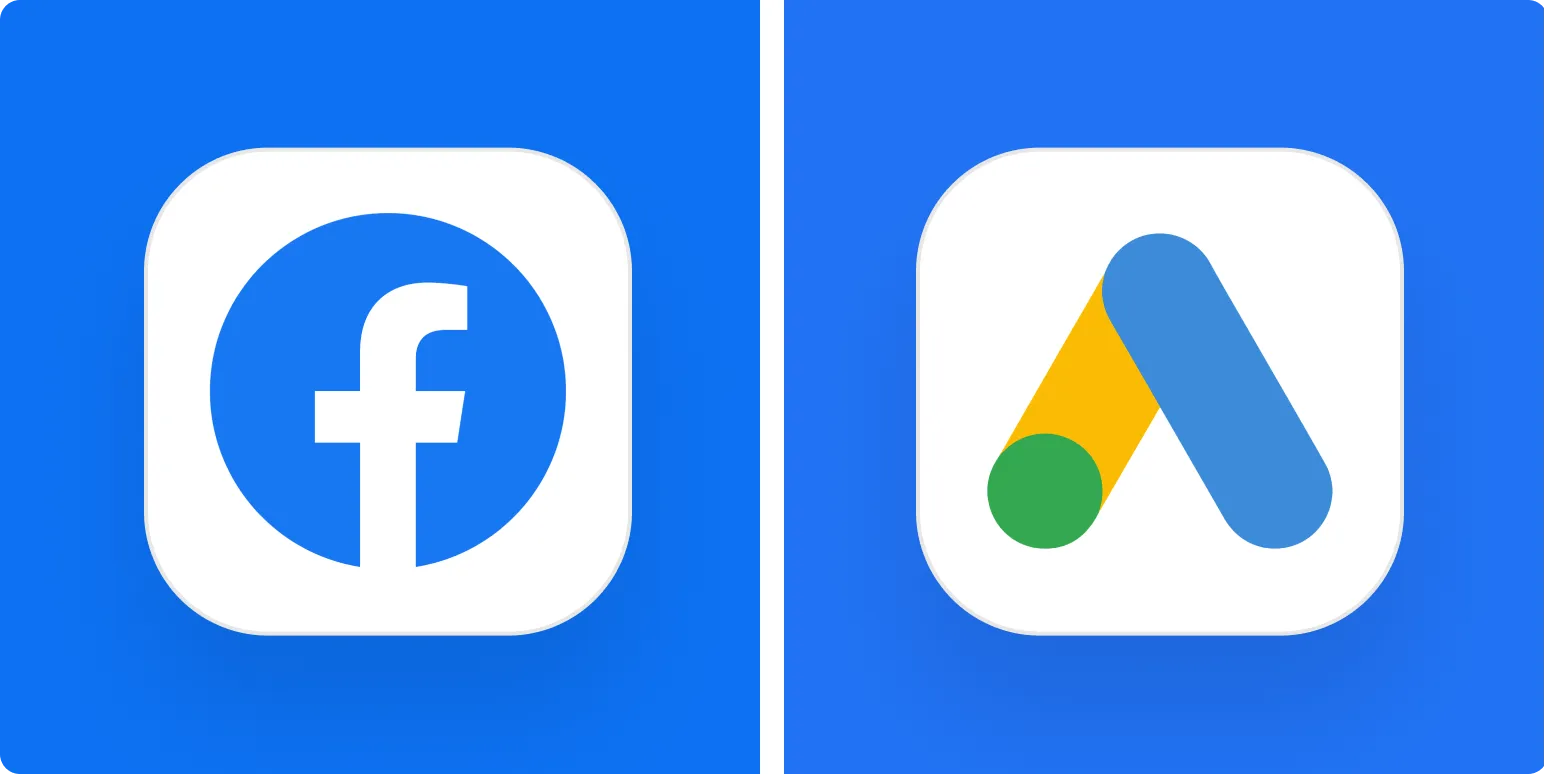When it comes to digital marketing, choosing the right advertising platform can significantly impact your business's success. In 2025, both Google Ads and Facebook Ads remain top contenders, each offering unique benefits and challenges. In this article, we’ll compare Google Ads and Facebook Ads, helping you determine which platform is best suited for your business needs.
Understanding Google Ads
''Google Ads'' operates on a pay-per-click (PPC) model, where businesses bid on keywords to display ads on Google’s search results and across its display network. This platform is particularly effective for capturing users who are actively searching for specific products or services. Here are some key benefits of using Google Ads:
- High Intent Traffic: Users searching on Google often have a strong intent to purchase, making them more likely to convert.
- Extensive Reach: Google is the most widely used search engine globally, giving businesses access to a vast audience.
- Flexible Budgeting: You can set daily budgets and adjust your bids based on campaign performance.
Understanding Facebook Ads
''Facebook Ads'', on the other hand, allow businesses to target users based on their demographics, interests, and behaviors. This platform excels at creating brand awareness and engaging with potential customers. Here are some advantages of using Facebook Ads:
- Targeted Audience: Facebook’s extensive user data enables businesses to create highly targeted ads.
- Visual Appeal: Facebook supports various ad formats, including images, videos, and carousels, making it easy to create visually engaging content.
- Cost-Effective: Facebook Ads can be more affordable, especially for businesses with smaller budgets.
Comparative Analysis: Google Ads vs. Facebook Ads
To help you make an informed decision, we’ve created a comparison chart highlighting the key differences between Google Ads and Facebook Ads.
| Feature | Google Ads | Facebook Ads |
|---|---|---|
| Ad Format | Text, Display, Video | Image, Video, Carousel, Collection |
| Targeting Options | Keyword-based | Demographics, Interests, Behaviors |
| Cost Model | Pay-per-click (PPC) | Pay-per-click (PPC) or Cost-per-impression (CPM) |
| Best For | Immediate sales and lead generation | Brand awareness and engagement |
| Ad Placement | Search results, YouTube, Google Display Network | Facebook, Instagram, Messenger, Audience Network |
Choosing the Right Platform for Your Business
Determining whether to use ''Google Ads'' or ''Facebook Ads'' depends on your business goals, target audience, and budget. Below are some scenarios to help you decide:
- If you're focused on immediate sales: Google Ads may be the better choice. Since users are actively searching for products or services, you can leverage high-intent traffic to drive conversions.
- If you're looking to build brand awareness: Facebook Ads can be more effective. With its targeting options and visual ad formats, you can create engaging content that resonates with your target audience.
- If you have a limited budget: Facebook Ads often provide a more cost-effective solution, allowing you to reach a broad audience without breaking the bank.
- If you have a niche market: Google Ads may be more suitable since you can target specific keywords that cater to your audience's interests and needs.
Strategies for Success
Regardless of the platform you choose, implementing effective strategies is essential for maximizing your advertising efforts. Here are some tips for both Google Ads and Facebook Ads:
- Conduct thorough keyword research: For Google Ads, understanding which keywords your potential customers are using will help you optimize your campaigns.
- Create compelling ad copy and visuals: Ensure your ads are eye-catching and clearly communicate your value proposition on both platforms.
- Utilize A/B testing: Test different ad formats, messages, and audiences to find out what works best for your business.
- Monitor performance and optimize: Use analytics tools to track your ad performance and make data-driven adjustments.
Conclusion
Both ''Google Ads'' and ''Facebook Ads'' have their unique strengths and can be highly effective, depending on your business objectives. By understanding the differences and aligning your advertising strategy with your goals, you can make the most of your investment in digital marketing. Whether you choose to go with Google Ads or Facebook Ads, the key to success lies in careful planning, targeted messaging, and continuous optimization.





